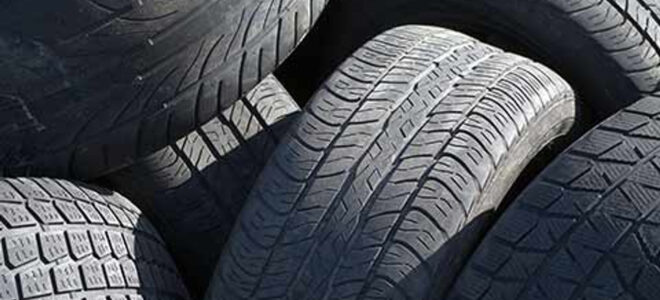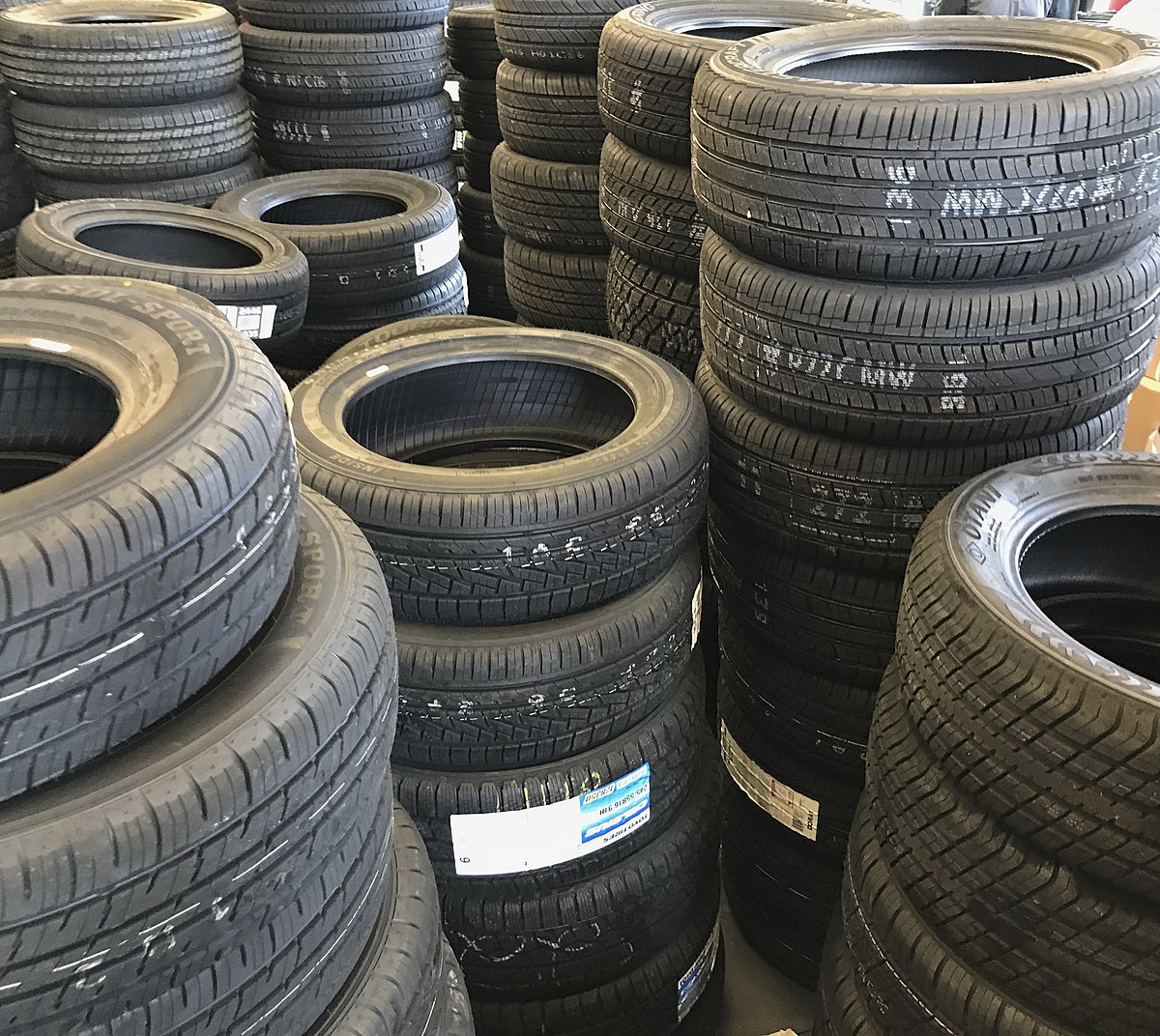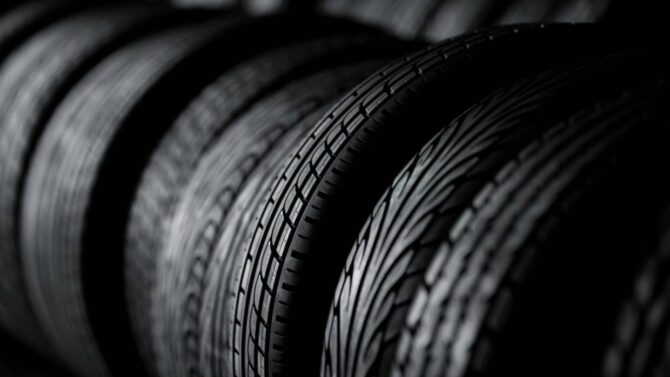
The production of car tires is an essential part of the automotive industry, and materials play a vital role in their creation. From natural rubber to synthetic compounds, understanding the different materials used in tire construction can help us better understand how car tires are made. In this article, we will explore the various materials used for tire production and discuss why each material is important.
We’ll also look at how these materials have changed over time and what new advances have been made in recent years that could shape future trends within this field. By exploring these topics, you can gain valuable insight into the world of car tire manufacturing.
The Benefits of Natural Rubber in Tires
Natural rubber offers numerous advantages for car tire production. It is a highly durable material, able to withstand high temperatures and resist abrasive forces from the road. Its elasticity helps it remain flexible even in extremely cold temperatures, providing a superior grip on icy surfaces. Natural rubber is also lightweight and adds very little weight to the overall tire construction, allowing tires to be manufactured with greater efficiency and speed than other materials like synthetic compounds.
Additionally, natural rubber has excellent heat dissipation properties which protect the integrity of the tires internal structure during extended periods of use under hot conditions or heavy loads. Finally, natural rubber is relatively inexpensive compared to some alternative materials used in car tire production making it an economically favorable choice for manufacturers looking to produce quality products without breaking their budget.
Synthetic Compounds in Modern Tire Manufacturing

Source: upload.wikimedia.org
In modern tire manufacturing, synthetic compounds have become increasingly important in the production of car tires. Synthetic materials often offer qualities and features that natural rubber cannot, such as greater resistance to wear and abrasion, improved aging characteristics and better performance when exposed to extreme temperatures. As a result of these properties, more automakers are turning to synthetic compounds for their tire needs instead of relying solely on traditional natural rubber components.
Synthetic polymers used in the production of car tires include polybutadiene (BR), styrene-butadiene-styrene (SBS), and ethylene propylene diene monomer (EPDM). These materials can be combined with other additives such as silica or carbon black filler to create specialized formulations that meet the specific requirements of each vehicle model. The combination of these components results in a stronger and longer lasting product with enhanced handling abilities at higher speeds. The use of synthetic compounds in modern car tire manufacturing has allowed for superior levels of customization depending on driving conditions or climate zones.
For example, different grades may be employed for wet roads versus dry roads or hot climates versus cold climates – each offering unique benefits like increased traction or fuel economy when properly matched with the right grade compound formulation. Ultimately, by utilizing synthetic compounds within their design specifications manufacturers are able to deliver an optimal balance between safety, performance, and cost efficiency – ensuring drivers receive reliable products optimized specifically for their environment while minimizing environmental impact through efficient material utilization processes.
Improving Tire Performance with Specialized Materials
As car tire production continues to evolve, so too do the materials used in its construction. The natural rubber has been a key component in tires for decades, but with the advancement of specialized synthetic compounds such as silicone elastomers and polyurethanes, tire performance is improving dramatically.
These materials provide higher strength-to-weight ratios than traditional rubbers while still providing superior grip on the road surface. In addition, they are more resistant to wear and tear due to their excellent heat resistance and flexibility properties which help improve the longevity and performance of tires over time. With these new materials being employed in car tire production, drivers can expect better-handling characteristics from their vehicles even when traveling at high speed or navigating challenging terrain – all thanks to improved tire performance from specialized materials.

Source: thedrive.com



